Live Music Is Coming Back!Is this the first stirring of a backlash against sanitized, algorithmic digital culture?When my son Michael got married in Cambridge in March, I stayed at the Charles Hotel. This was a convenient location for several reasons—many other family members were staying there, and I also hosted the rehearsal dinner at the hotel. But I was not unaware that a leading jazz club is located inside the Charles Hotel. I knew that my schedule for the wedding week was tightly packed. But if I had a spare moment, I planned to sneak off to the jazz club. In fact, I showed up four times during the course of my stay. But I never got inside the door. Every time I found a free moment, I scurried off to the club—but no seats were available. The room was always packed, always sold out. Every show was at capacity. We’re talking a jazz club, my friends. What’s going on? Has something changed in the culture? And it’s not just jazz. Nor is it just my bad luck or bad timing. Against all the odds, live music is coming back. If you want to support my work, please take out a premium subscription (just $6 per month).Not long ago, people told me that nightclubs were an endangered species, like Blockbuster stores, phone booths, and chocolate fondues. But they were wrong—at least about the music part. Live music somehow out-lasted COVID. It resisted urban blight. And it has survived the disappearance of almost every newspaper music reviewer on the planet. Most amazing of all—it overcame all the distractions on your smartphone. I hinted at this possibility back in my very first article for The Honest Broker. I anticipated a return to festivities after the lockdowns. But even I didn’t expect such an intense revival.
By the way, the same trend is validated by the share price of Live Nation, the largest seller of concert tickets in the world. I have many gripes about this company. And so does the Department of Justice, which is claiming antitrust violations. But the lawsuits and government probes haven’t hurt the share price. Those shares are far above pre-COVID levels.
Of course, ticket price increases (and hidden fees) are disappointing. But Live Nation wouldn’t be able to get away with it unless music fans were willing to pay top dollar for live music. And here’s a surprising part of the story—members of the digital generation have the most enthusiasm for visiting clubs and concert halls. The culture analytics company Luminate reports that Gen Z now spends the most on live music. Many assume that young music fans prefer online listening, but they actually spend twice as much on live events.
All this runs counter to the conventional wisdom. The ‘experts’ insist that people won’t pay much for music—music wants to be free, the techies proclaim. So the whole industry has embraced cheap streaming platforms. But now the same fans who subscribe to Spotify for a lousy twelve dollars a month will pay up to a thousand dollars (or more) to see a hot concert. It’s obvious that people still crave exciting musical experiences, and will spend extravagantly on them. But they want real performances by real people in a high-energy venue with lots of other ecstatic fans. Fans don’t want more streaming—they want more screaming! That’s what the data tells us. An official tech company curated playlist is, by comparison, a boring substitute. That’s especially true if the playlist is filled with mind-numbing AI-generated tracks. So we’re heading back to the clubs and concert halls. I believe this is a sign of the growing frustration with the constraints and algorithmic predictability of the app experience. We are now a quarter of the way into the digitized 21st century, and screen interfaces no longer feel fresh or new or enlivening. People want reality—with all its energy and messiness.And that’s the one thing Silicon Valley cannot deliver.
Digital tech only offers substitutes—artificial, virtual, curated, controlled, isolated, sanitized, and (increasingly) censored. And with each passing year, the digital experience feels more encumbered by all these sad adjectives. One of the reasons why I became a jazz fan, back in my teen days, was the unpredictability of the live jazz experience. When I showed up at the club, I firmly believed that almost anything could happen on the bandstand that night. And I’ve attended many live music events that deliver just that, disrupting all my expectations and lighting a metaphorical fire in my soul. That’s why I gravitated to jazz. But I knew other people who got that same jolt from punk rock or heavy metal or hip-hop—or some other disruptive genre. I suspect that music fans today are having similar aha moments—mind-blowing experiences that don’t happen on a phone. Maybe it starts with Taylor Swift, but they soon come back to get the same jolt from other artists. So, just two months ago, George Strait set the all-time record for paid live attendance at a concert. Yes, I’m talking about 72-year-old country singer George Strait. And it was a college campus concert. I did not see this coming in 2024. I generally consider country and pop genres as the most mainstream, and the least likely to surprise fans in live performance. I would have expected massive attendance in some other, more ecstatic genre—maybe some out-of-control rave with people engaged in Dionysiac excesses. Nope—that’s not how it’s playing out. It’s George Strait and Taylor Swift who are drawing a hundred thousand fans, not some wild child or renegade or orgiast. This is significant. It tells us that the most controlled and mainstreamed genres are the sources of the biggest backlash. That’s why I’m convinced that the world has changed. If live music were flourishing in some fringe niche genre, I might dismiss it as a fluke or passing trend. But instead the pushback is coming from fans in the most sedated and anesthetized sectors of the culture. They are starting to wake up. Just last week, I reported on a study showing that fast-paced phone scrolling makes people more bored, not less. That’s hardly surprising if you understand how overreliance on short dopamine hits eventually leads to burnout. That’s why most people spend a weekend at a Las Vegas casino, but not a month. You can only fry your brain so long, before it starts begging for mercy. We may have now reached that point in music. That’s why the biggest musical money-maker in 2024 was Taylor Swift’s Eras Tour, and not a 15-second music video on TikTok.
The fans have spoken. But I’m not sure that the music business is listening—at least not yet. As far as I can tell, this return to live music is happening despite the music business. Taylor Swift actually went to war with her label in 2019, and was in the midst of re-recording her catalog (to ensure her personal ownership of the masters) while she was preparing for her earthshaking Eras Tour. In other words, an antagonist fighting against the music business did more than anybody to revive live concerts. And streaming platforms get even less credit for enthusiastic fans returning to the concert hall. The economics of streaming actually penalize platforms if fans gets too excited about music. Just think it over. The most profitable streaming customer is a lukewarm fan who pays the monthly subscription fee, but hardly uses it. (That simple fact explains a lot—telling you why streaming has turned into such a bland, uninspiring experience.) But blandness is not a viable long term strategy in the entertainment world. You really don’t want to build any business on lukewarm customers. They will eventually let you down. And, sooner or later, every generation seeks out excitement in their music. If digital apps don’t provide it, fans will journey out into the real world and discover it in the wild. That’s what’s happening now in music. This will spread. If a return-to-the-world backlash can take place in music, we should also expect it elsewhere—in film, books, visual arts, dance, poetry, drama, and other spheres of creativity. Wouldn’t that be a shock? Just imagine people putting down their phones and seeking real engagement in the physical creative world. That’s what they’re doing right now at the clubs and concert halls. The only open question is how far can it go? You're currently a free subscriber to The Honest Broker. For the full experience, upgrade your subscription. |
Search thousands of free JavaScript snippets that you can quickly copy and paste into your web pages. Get free JavaScript tutorials, references, code, menus, calendars, popup windows, games, and much more.
Live Music Is Coming Back!
Subscribe to:
Post Comments (Atom)
When Bad People Make Good Art
I offer six guidelines on cancel culture ͏ ͏ ͏ ͏ ͏ ͏ ͏ ͏ ͏ ͏ ͏ ͏ ͏ ͏ ͏...
-
code.gs // 1. Enter sheet name where data is to be written below var SHEET_NAME = "Sheet1" ; // 2. Run > setup // // 3....

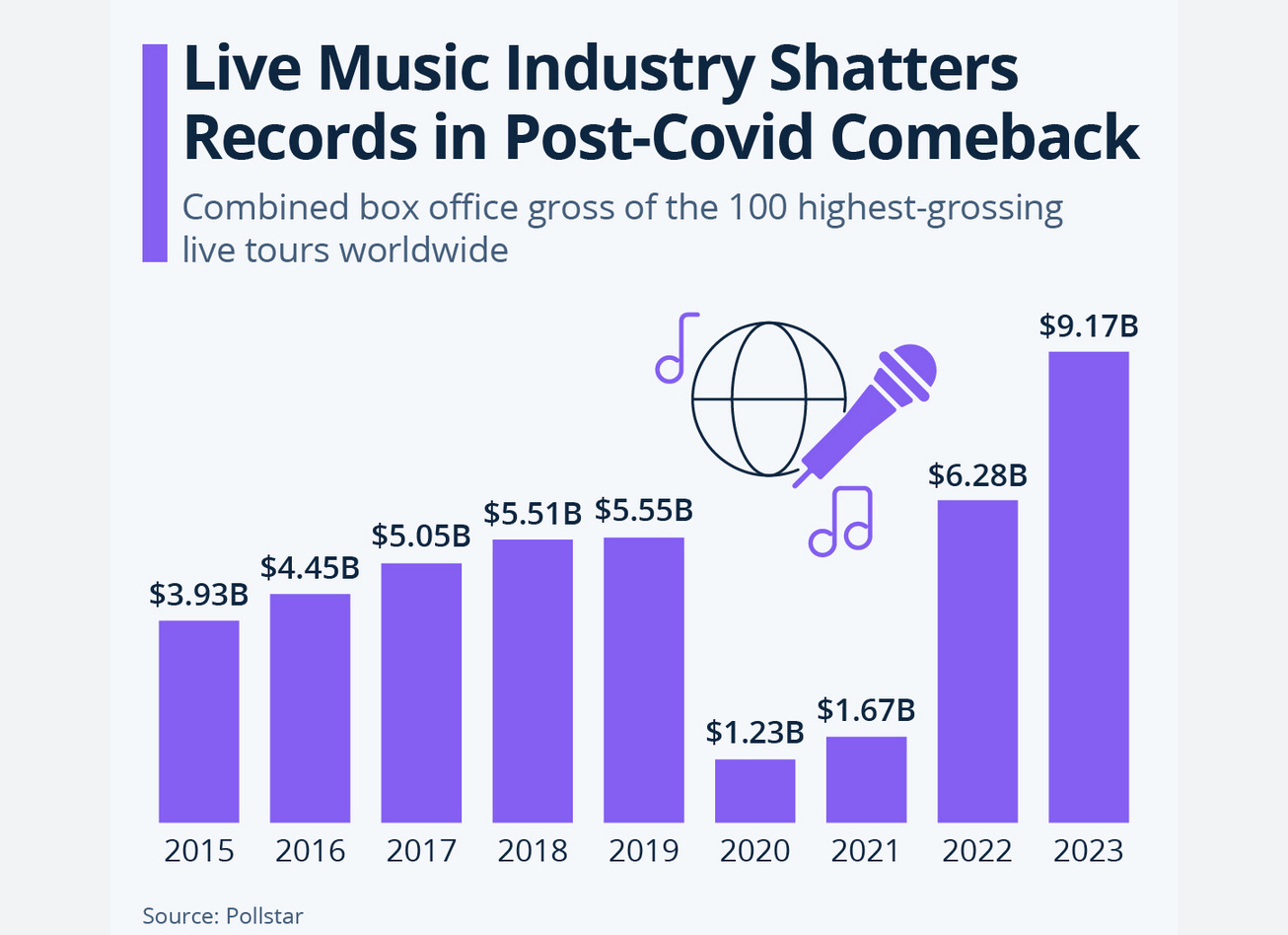
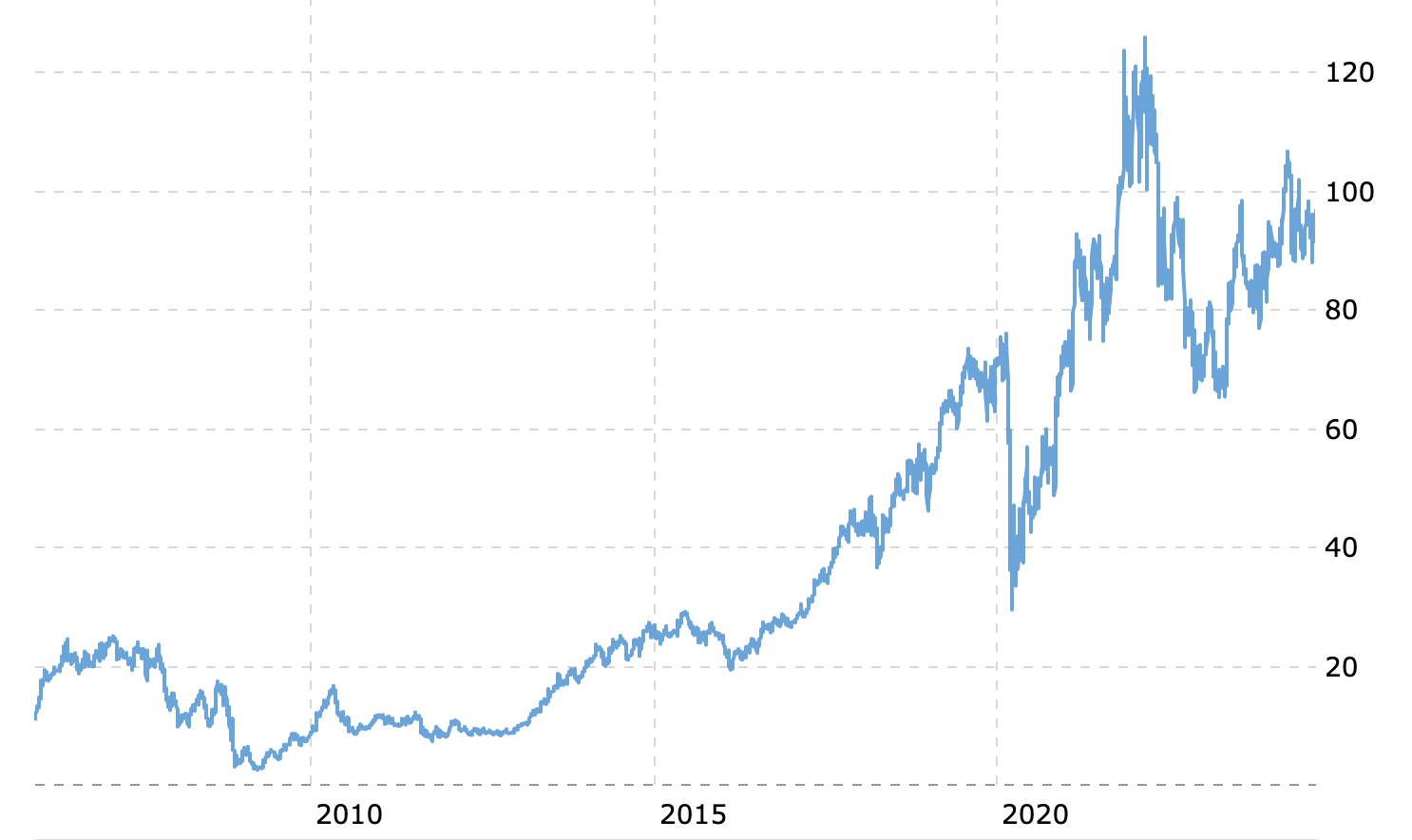
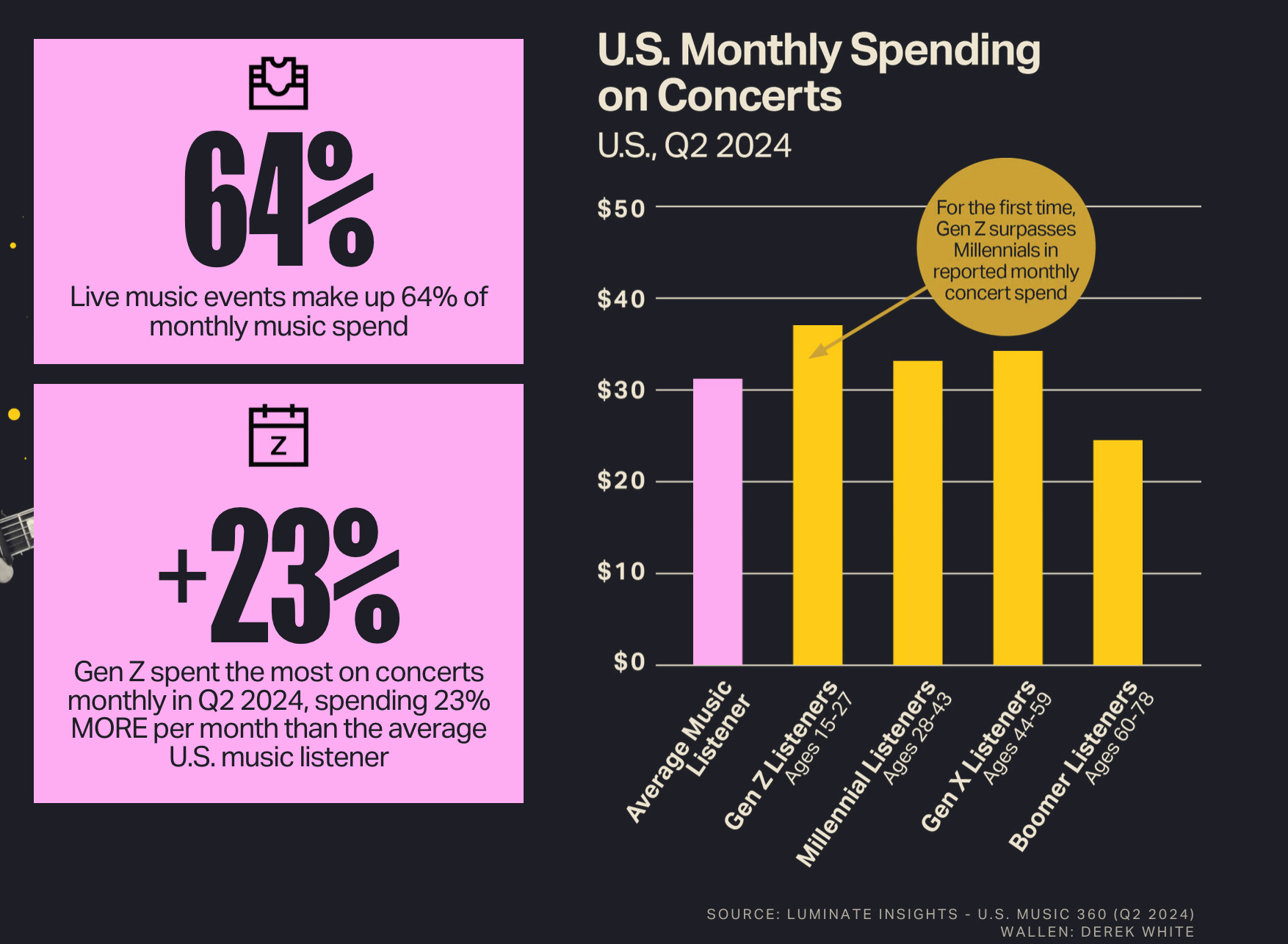
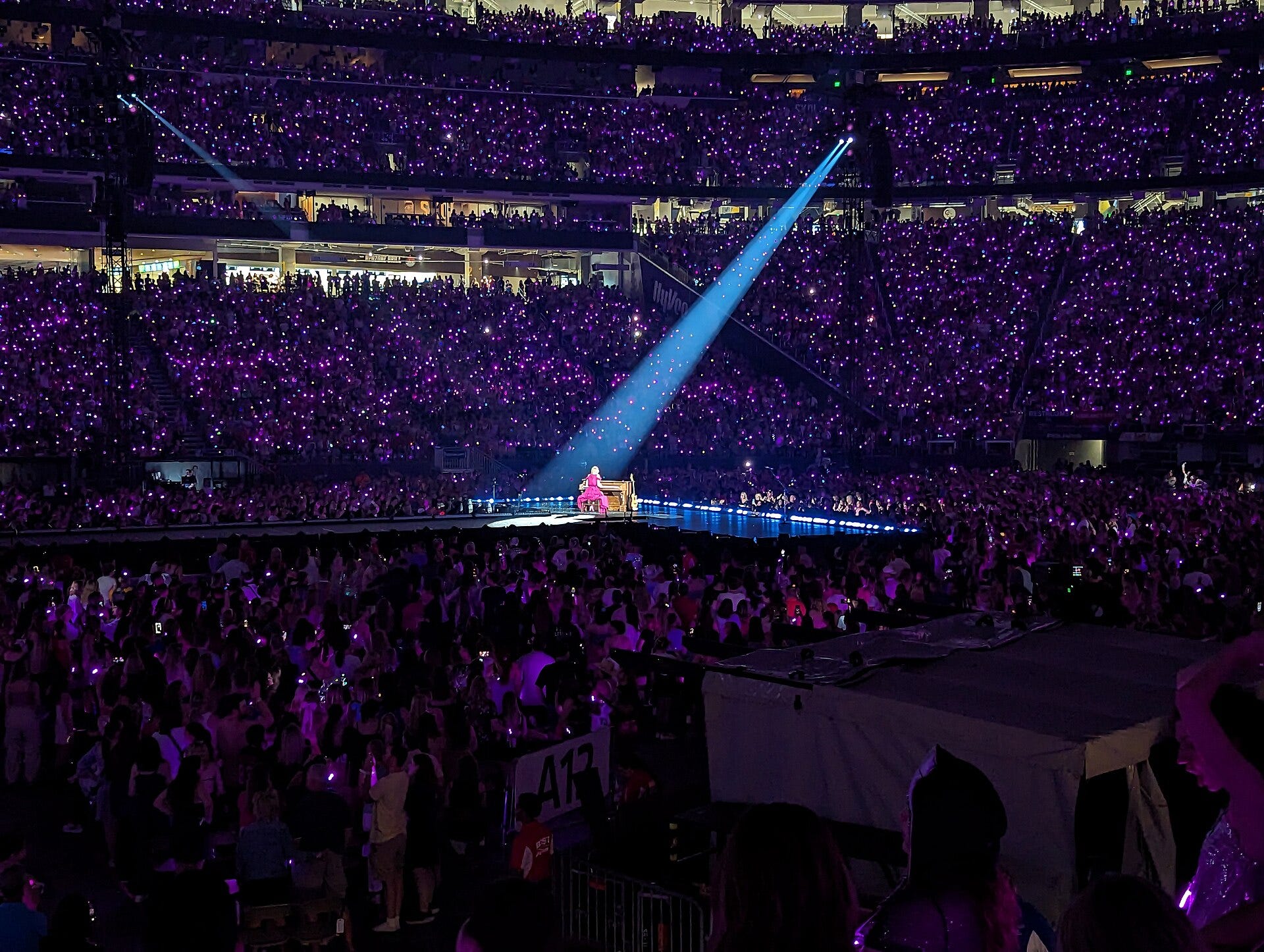
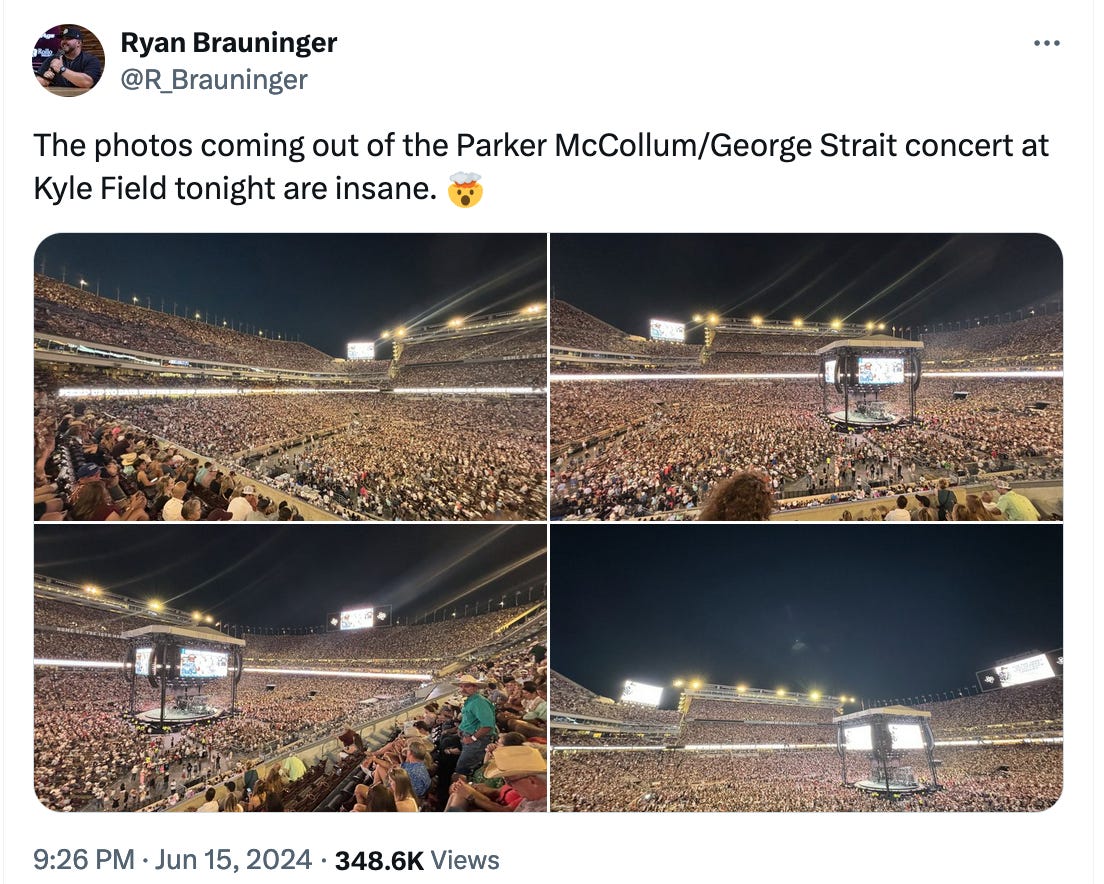
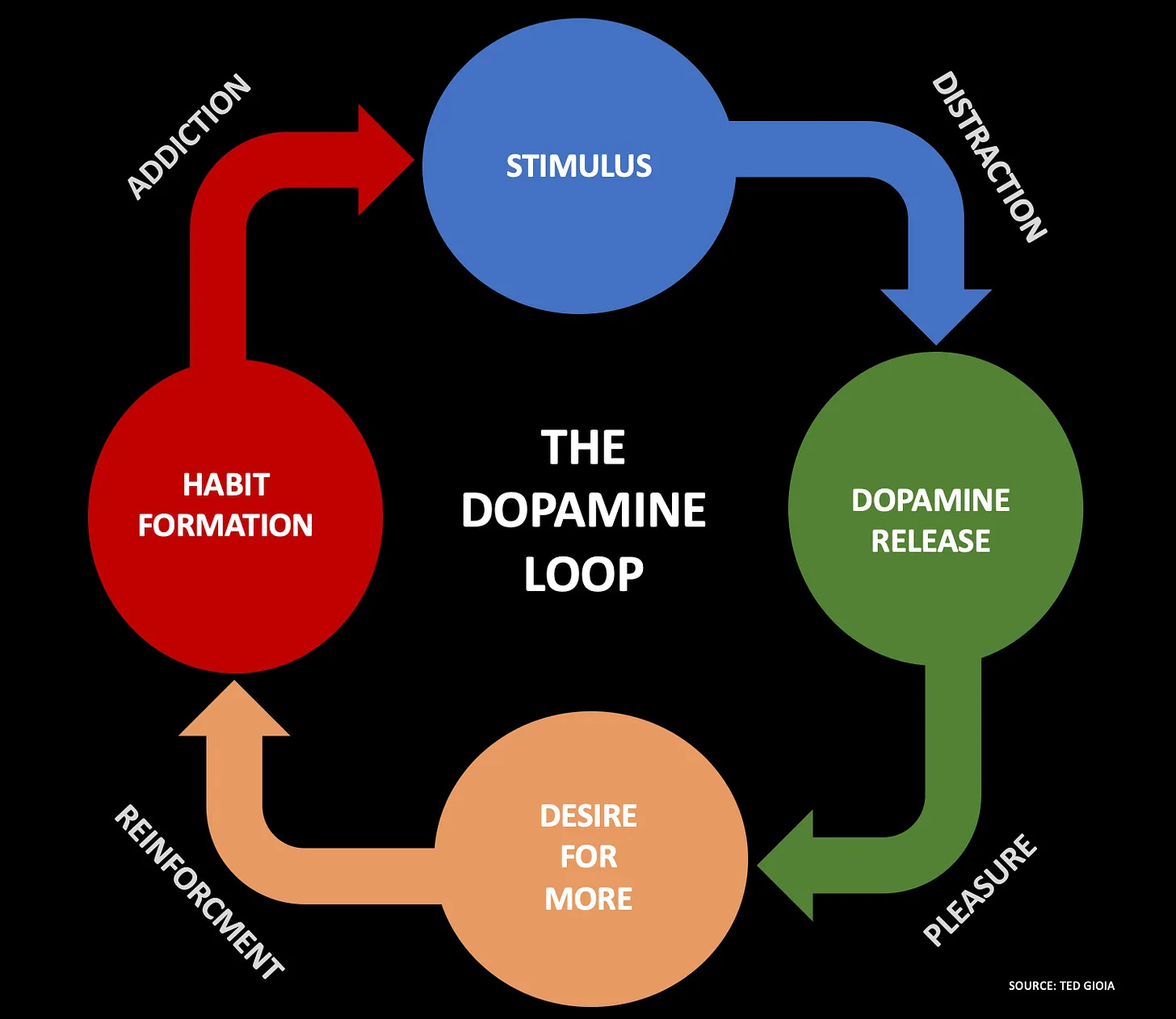
No comments:
Post a Comment